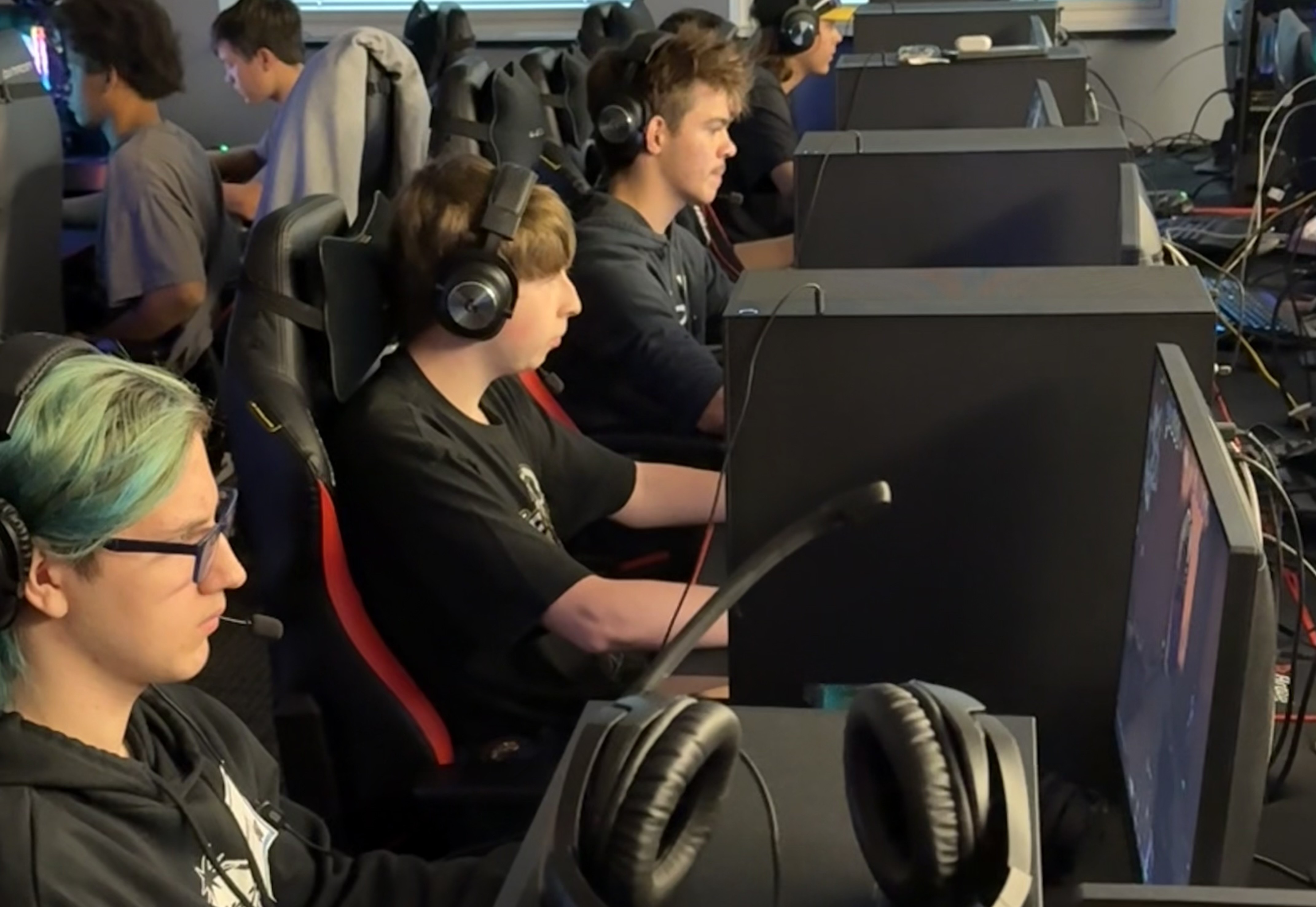The Innovative Educator Dispels Popular Myths about Learning to Read and Write

"The little learning machines who learn to walk by walking and talk by talking also learn to read by reading and write by writing."Linda Dobson
You know that license plate, “If you can read this, thank a teacher.”? What if the truth was you didn’t need a teacher to learn to read or write? What if in fact you might be able to read and write more effectively without one? There are many young people who are doing just that...learning to read and write without the benefit of schools or teachers.
Don’t believe it or want to know more?
Read on.
Only Half of Pupils Like to Read
Standardized testing leads to a dramatic decrease in the joy of reading.
How to create non readers - Alfie Kohn
Kohn explains how teachers are killing students motivation to read by relying on coercion and extrinsic inducements..
Learning to read without school
The Innovative Educator (that’s me) shares her experiences about learning to read without school.
Tools and ideas to transform education. Sign up below.
Children Teach Themselves to Read
Research Psychology Professor and author, Dr. Peter Gray explains how children learn to read naturally without school.
How I Learned to Read and Write
Grown unschooler Idzie and author of I'm Unschooled. Yes, I Can Write provides her own story about learning to read and write without school as well as smart insights into ideas such as forced reading often results in a future dislike of reading and how an awful lot of money is wasted in an industry built around teaching people to read even though it doesn't need any "teaching.”
Mom's Story: When School Left My Child Behind...He Was Finally Able to Learn
This is the story of a child who school gave up on so his mother took him out. As she was feverishly working to figure out how to find the best way to teach him to read, she discovered all that was necessary, and with her support he could learn to rad naturally.
How My Children Learned to Read Pam Sorooshian provides wonderful insights about her experience watching three daughters learn to read.
Growing Without School on Older Readers The articles below are from the Growing Without School magazine that John Holt founded. There are articles archived from the magazine that specifically focus on learning to read beginning at age.
- GWS 44: "Starting to read at 12"; "Understanding When He Needs To"
- GWS 55: "2 Hours of Tutoring"; "Stress of Early School"; "School Hurts Reading"; "Reading at 10"; "Another Older Reader;" "Not Yet Reading at 8."
- GWS 76: "Overcame Difficulty"; "Poor Reader Loves to Read"; "Learning at 10"; Concentrating on Two Things"; "Outside Pressures."
- GWS 77: "Feeling OK About Being An Older Reader"; "Older Readers."
- GWS 91: "Reading at 10 and 11"
The story of how I learned to read and write without school
Grown unschooler Kate Fridkis who writes professionally about being a young woman at Eat the Damn Cake and alternative education at Un-schooled explains how she learned to read, write, and use proper grammar without school or teachers.
Eye-Opener Changing my perspective on the importance of reading By Pauline Mary Curley
This article reveals that people who lack interest in reading and writing often see the world in a whole different and meaningful way and that being passionate about the written word may actually close off parts of the world.
Seth Godin on how schools teach kids to aim low
In this video Seth Godin explains why the reason many people are not good writers is largely a result of how they were schooled to write.
http://sandradodd.com/reading
Sandra Dodd provides a slew of stories about how children learned to read naturally.
From Joyce Feterol’s, Joyfully Rejoicing site come these gems about learning to read.
- Learning to read
- My 6 yo isn't reading yet
- Reading isn't natural. It needs taught
- Why are there illiterates if reading is natural?
- Phonics is necessary for reading.
- What about reading programs?
- What if there's a reading problem?
- The thought of teens just starting to read gives me chills
"Schools place emphasis on [early] reading not because it's the best way to learn but because it's the most efficient way to run assembly line learning."Joyce Fetteroll
Despite what many of us have been schooled to believe, in many cases learning is a result of the activity of learners; it is not necessarily a result of teaching. When it comes to reading and writing, it will come as naturally as learning to walk and talk provided that it is not forced and the child is given a supportive environment that includes positive experiences with print. What’s more, for many young people, forcing them to learn to read before they are ready is detrimental to their future ability to read well. In other words, grouping students by date of birth and putting them on the reading assembly line, may very well be the reason some students have trouble reading.
Want to keep the conversation going? Join others interested in discussing this topic here.
Lisa Nielsen writes for and speaks to audiences across the globe about learning innovatively and is frequently covered by local and national media for her views on “Passion (not data) Driven Learning,” "Thinking Outside the Ban" to harness the power of technology for learning, and using the power of social media to provide a voice to educators and students. Ms. Nielsen has worked for more than a decade in various capacities to support learning in real and innovative ways that will prepare students for success. In addition to her award-winning blog, The Innovative Educator, Ms. Nielsen’s writing is featured in places such as Huffington Post, Tech & Learning, ISTE Connects, ASCD Wholechild, MindShift, Leading & Learning, The Unplugged Mom, and is the author the book Teaching Generation Text.
Disclaimer: The information shared here is strictly that of the author and does not reflect the opinions or endorsement of her employer.
Lisa Nielsen (@InnovativeEdu) has worked as a public-school educator and administrator since 1997. She is a prolific writer best known for her award-winning blog, The Innovative Educator. Nielsen is the author of several books and her writing has been featured in media outlets such as The New York Times, The Wall Street Journal, and Tech & Learning.
Disclaimer: The information shared here is strictly that of the author and does not reflect the opinions or endorsement of her employer.
